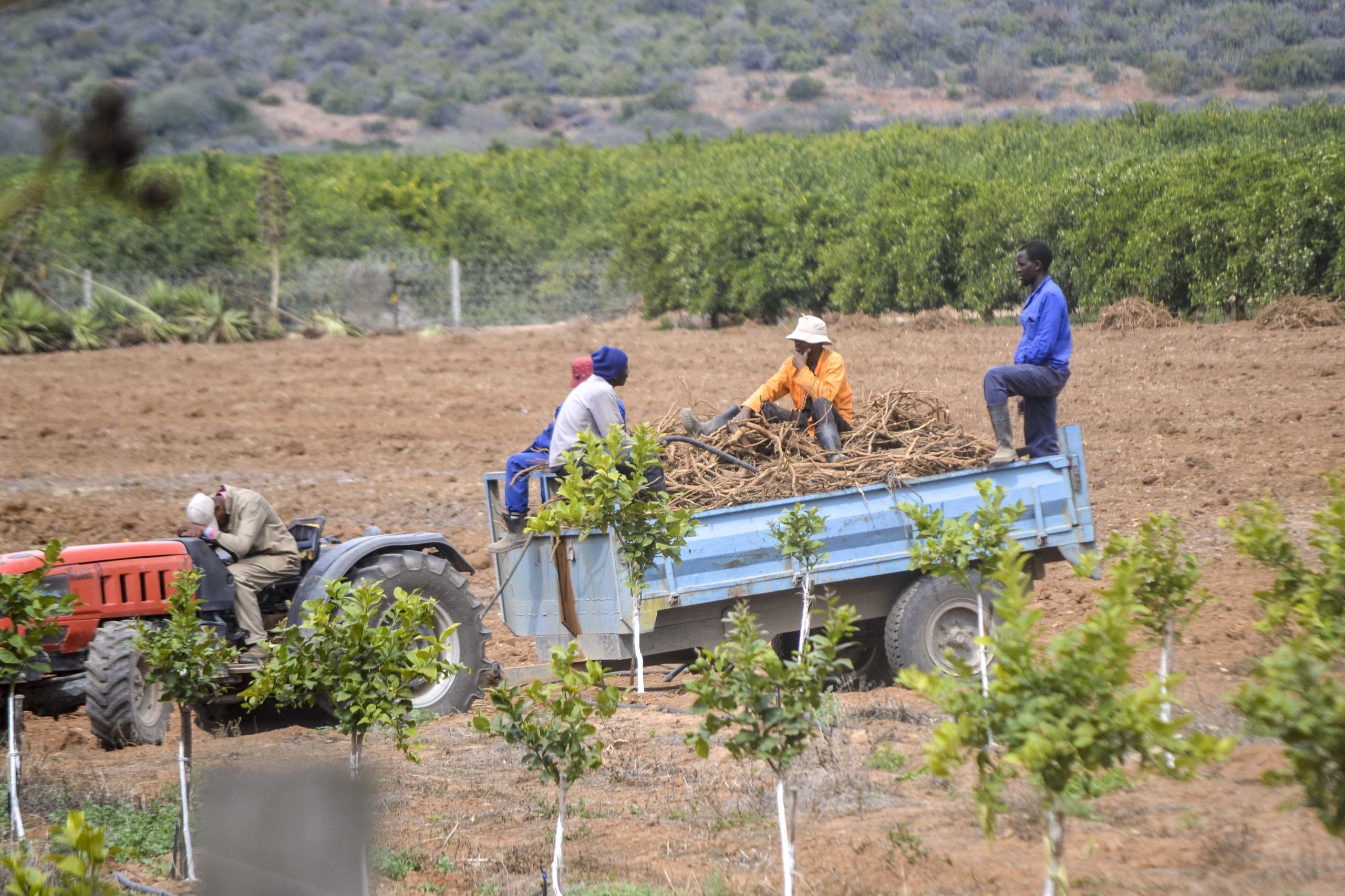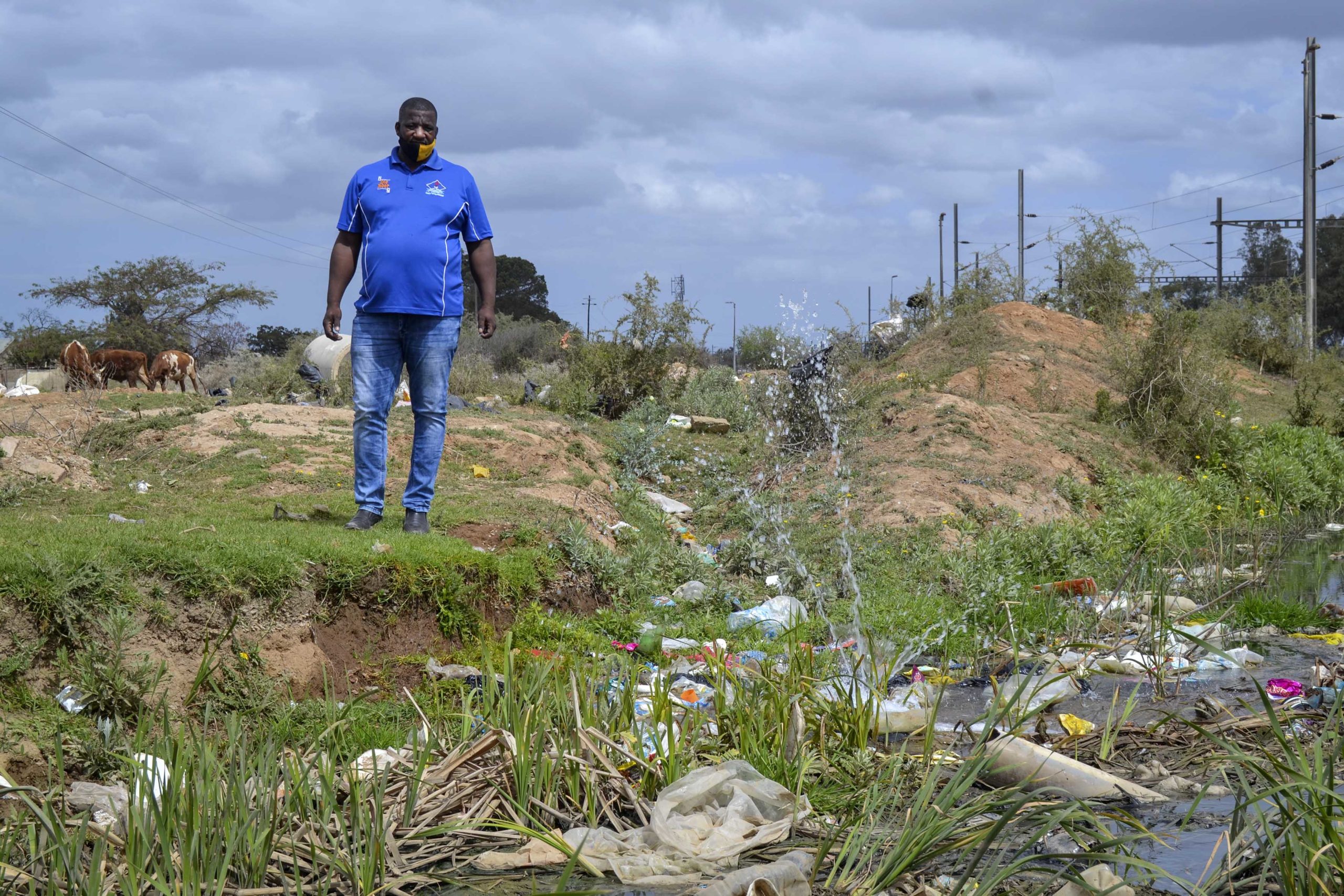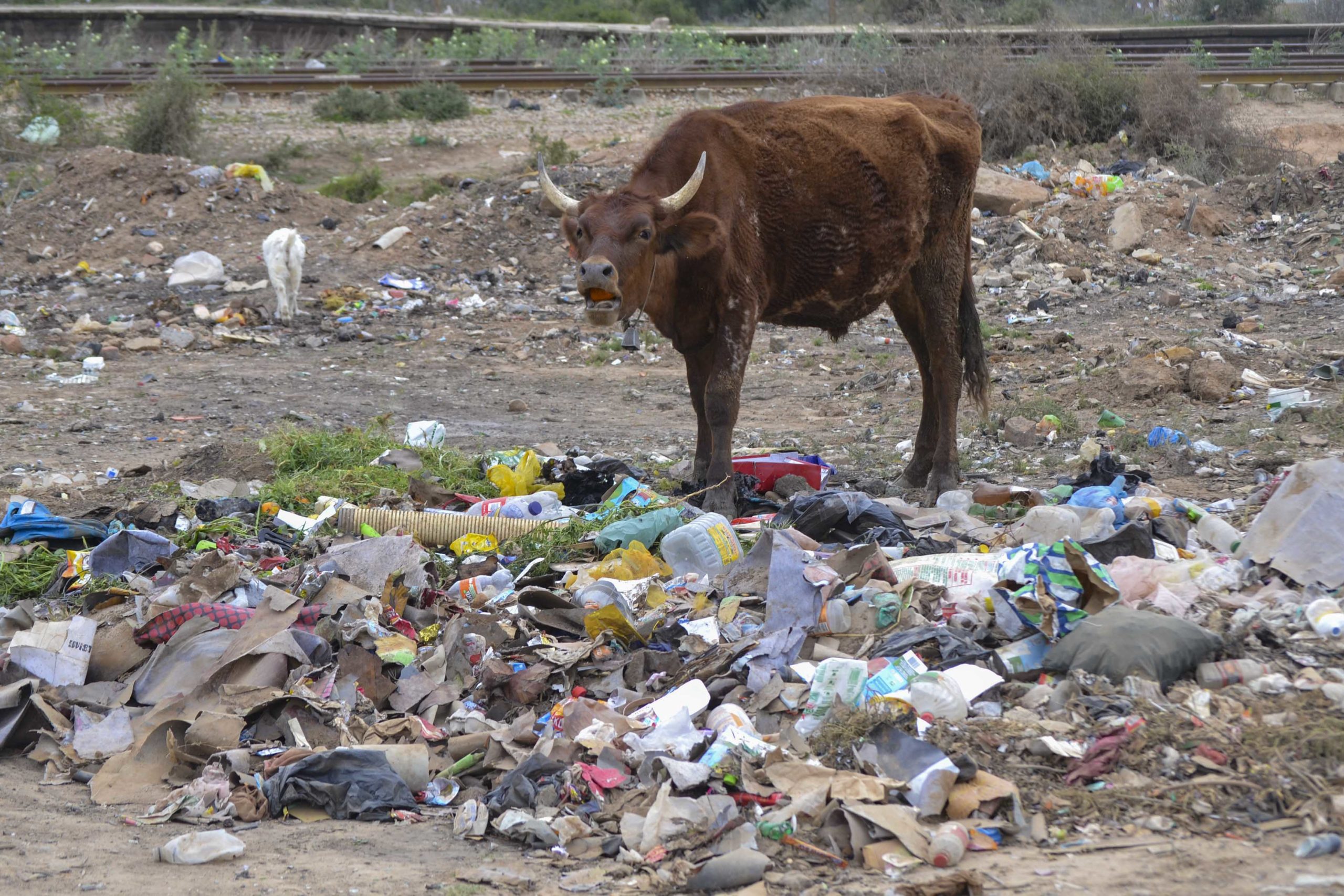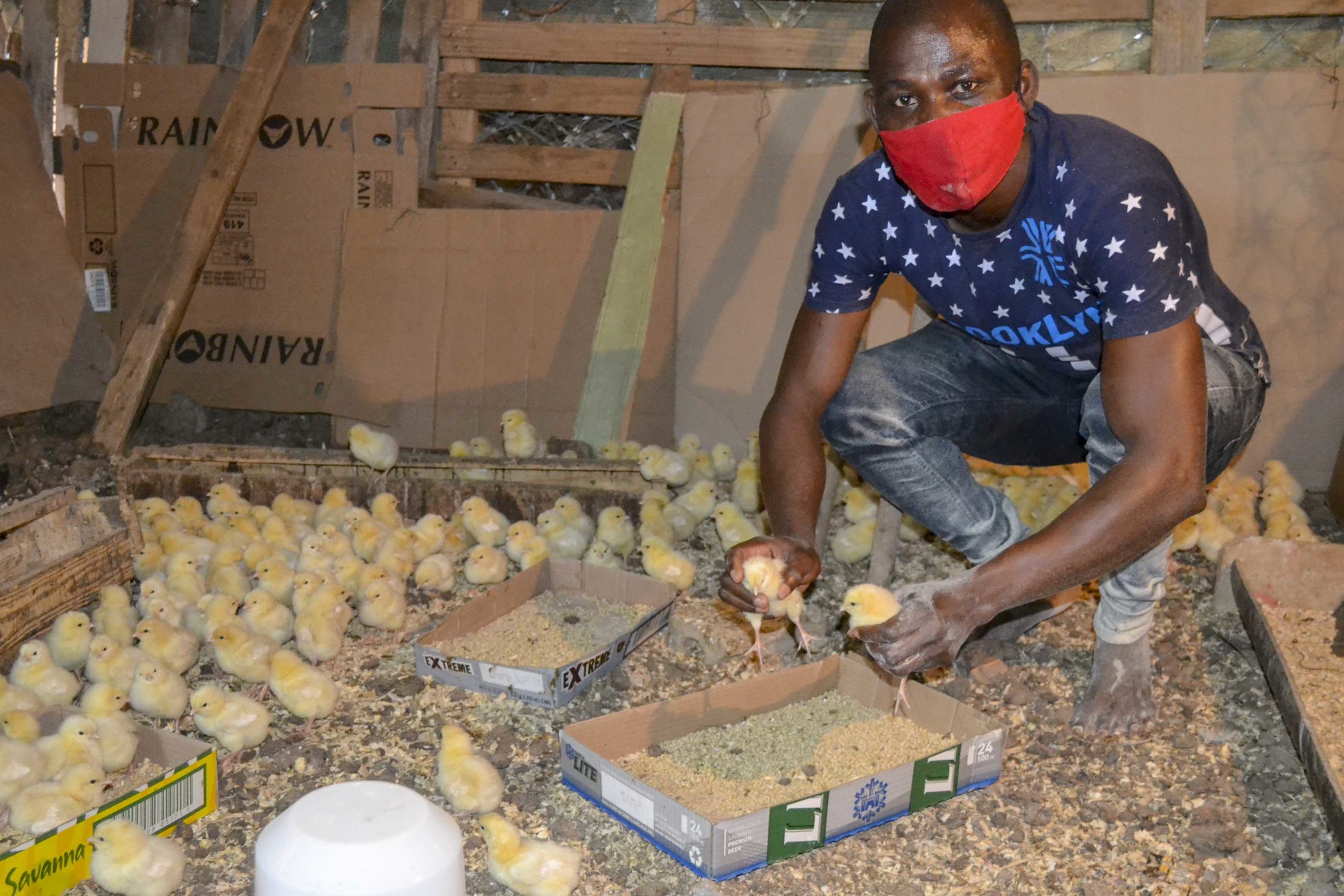Migrants live in fear after raid by home affairs
An operation in the Sundays River Valley has resulted in deportations and increased hostility towards those who cannot get valid documents because refugee offices remain closed.
Author:
1 November 2021

Two months after her husband was deported to Zimbabwe by South African authorities, Chipo Munetsi, 39, of Moses Mabhida township in Kirkwood, Eastern Cape, is still struggling to come to terms with his absence. She is battling to cope with running their hair salon, which is based in a shipping container.
In addition, Munetsi, says, the deportations have created tensions in the area, with some South Africans blaming migrants for the high levels of unemployment and poor municipal services. But Munetsi says there are several migrants who are creating jobs for local people. She herself employs two South African women – one as a domestic worker and the other as an assistant in the salon.
The Department of Home Affairs, with its health and labour counterparts, held an operation in the Sundays River Valley area in September. Munetsi’s husband Simon was among the 71 migrants without documentation who were arrested during the raids in Addo, Kirkwood and Paterson.
“This is after Simon had made several trips in 2019 to the refugee reception office in Gqeberha in a quest to renew his asylum documents that had expired,” said Munetsi,. “He eventually gave up after he continuously found the system not working. He was then told that he had to pay R2 000 as a fine for defaulting.”

Munetsi, who has a valid asylum seeker’s permit, says since the blitz many migrants are living in fear of some South Africans, who call them derogatory names. She also blames some political parties for stoking the flames with election campaigns exploiting xenophobia. This has led to divisions between residents who prefer migrants to stay, saying they boost their businesses, and those who blame migrants for the collapse of infrastructure and want them gone.
“I have been operating this hair salon business for several years without any problem with the local community. They are my clients and I also assist them when they have financial problems. The situation changed after people were arrested by home affairs officials. We now meet some people in the streets who are hostile towards us,” said Munetsi.
“I didn’t take anyone else’s job. In fact, I have created jobs for the local community. I take South Africa as my second home.”
Hunted down
Most of the migrants who were deported are from Zimbabwe and Lesotho. But residents say migrants who have wanted to get an asylum seeker’s permit have been hamstrung because the home affairs office in Gqeberha has been closed since the Covid-19 hard lockdown started in March 2020. According to the department’s website, it is still closed to new applications.
Martin Denhere, whose brother was one of those arrested in Kirkwood, says migrants without documents were “hunted like wild animals”.
“Undocumented immigrants were accosted at shops and some were rounded up from their workplaces,” he said. “There was no respect for human life. People were bundled and dumped at the local police station. They were not allowed to get food from outside. They were only allowed to collect their belongings when they were being deported after they had spent days in police cells.

“People are living in fear because there is no indication when the refugee offices in Gqeberha will open.”
Tshepo, a migrant from Lesotho who did not want to disclose his surname, says his asylum seeker’s permit expired during the lockdown. He could not be arrested because the government had extended the validity of documents that expired during the pandemic until 31 December.
“One friend of mine [who was deported] was in the business of buying and selling fresh vegetables. He also raised pigs. He promoted local people by buying leftover food from them to feed his pigs. He even donated his vegetables to local preschools,” said Tshepo.
No alternatives
The Zimbabwe Migrants Support Network says home affairs is to blame for causing tension in the area by arresting migrants without valid documents while refugee reception offices are closed.
Secretary general Shelton Chiyangwa said, “Our people are forced to remain in the country without documentation because home affairs’ refugee department has remained closed since March 2020 and we don’t know when they wish to open.
“I have had an opportunity of visiting the farming areas and meet with our people, who lamented very sad stories. Many have their permits expired while new applicants cannot apply for asylum seeker’s permits because the offices are closed,” he said.
Apart from the arrests, the operation resulted in a handful of employers being fined for various labour transgressions. Department of Employment and Labour spokesperson Ziphozihle Josefu said, “The blitz inspection saw a total of 296 employers inspected, with 81 in the farming sector, 137 in the wholesale and retail sector, 25 in the hospitality sector and 53 in miscellaneous [sectors]. Seventy-one illegal immigrants who are nationals of Lesotho, Malawi and Zimbabwe origin were apprehended.”

Community activist Hansie Brander claims that the tension is created by employers who prefer migrants to South Africans.
But not everyone is unhappy about migrants living in the area. James Rungah, a resident of Moses Mabhida, says his life has improved a lot since he started renting out 10 cottages to migrants in 2017. Each cottage accommodates four people who each pay R500 a month.
“I am not employed, so I decided to build these backyard rooms after discovering that there was a shortage of accommodation during the harvesting season. I have developed a good relationship with my tenants. Most of them are immigrants from our neighbouring countries. They don’t hesitate to pay me my money at the agreed time,” said Rungah.
Ghanaian citizen Atta Owusu, who raises broiler chickens in a shack at his house in Valencia township, Addo, says he does not experience xenophobia.
“I have developed a good relationship with local residents. At present I have 600 chicks and I employ three local youths to assist me. I often hire more people when there is demand for more labour,” said Owusu.

